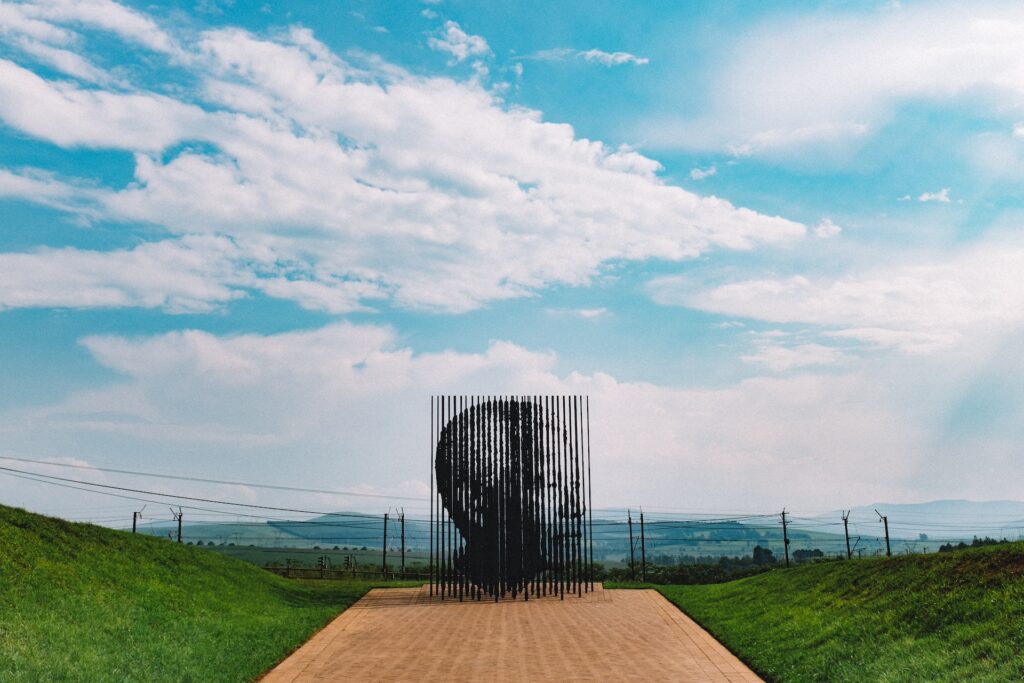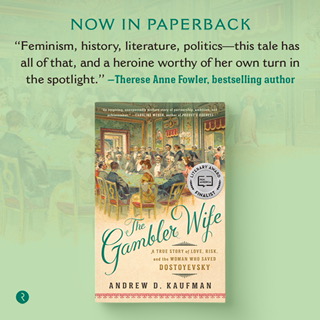Unleashing the Power of Mandela’s Inspiration: Paving a New Way
Remembering Nelson Mandela’s Message
Ten years ago this month the world lost one of its greatest moral leaders. As we close out what has been a traumatic year for so many across the globe, I’d like to pause and remember the example of Mandela, who reminds us that people can change, human beings have the capacity to rise above their tragic circumstances, and humanity is still very much worth believing in.
Mandela’s Long Journey to Redemption
Mandela’s own life story reads much like a Russian novel. This is more than a metaphor. In Long Walk to Freedom, the former president of South Africa singles out War and Peace as his favorite book and one that sustained him during his 27-year incarceration. He says that the book taught him crucial lessons about leading with love and wisdom in troubled times.
What Mandela took from Tolstoy’s novel, above all, is a vision of fierce idealism in a broken world.
Like his beloved Russian author, Mandela was born into a noble family. He then rose to prominence in the African National Congress, got married and divorced, and watched his political dreams crumble and his own life hang in the balance when, in 1962, he was sentenced to life in prison after leading a badly botched, non-violent revolutionary campaign.
He survived prison with his faith intact. Precisely because he refused to accept that conflict is inevitable or that social harmony is a hopelessly Pollyannaish goal, Mandela eventually managed to transform a country barreling toward civil war into a democracy.
Rather than being dragged down by his surroundings, he rose above them, transforming his personal pain into spiritual possibility for the benefit of humanity at large.
Not that one must be famous or touched by some grand destiny to exhibit that kind of inner strength. I’ve seen it happening before my eyes in my own community.
The Journey of Prosecutors and Law Enforcement
Over the past three months, I’ve witnessed a similar kind of spiritual courage and had my faith in humanity restored in the most unlikely of environments: among prosecutors and a police officer in Charlottesville, Virginia, who took my class on Dostoyevsky’s Crime and Punishment. The novel is about a young man named Raskolnikov who commits a double murder and then travels a long, hard path to punishment, self-discovery, and redemption.
Although I spent over a decade teaching incarcerated youth and adults as part of my Books Behind Bars program, I’d never taught prosecutors and police officers before, and they defied my every stereotype. Many feel burnt-out, trapped by the system, and impotent to affect lasting social change. Their lives, like those of the people they prosecute, are often marked by brokenness and trauma.
They want to enact justice that combines accountability and fairness but struggle to do so given the limited tools at their disposal. They would like to embrace Dostoyevky’s message of radical compassion for offenders, yet find that exceptionally difficult given their responsibility to also keep the community safe, not to mention the fact that they spend their days studying gruesome videos of violent crime scenes and sitting with the grieving families of murder victims.
I never thought I’d say this, but I feel the prosecutors’ and police officers’ pain and hear their sense of entrapment.
No wonder some burnt-out prosecutors I’ve heard about in other offices express the desire “to bury offenders so far beneath the jail that you have to mail them sunlight.” Those are the words of people projecting their unhealed trauma onto the world. They are the sentiments of people who have been dragged down by their environment and have lost their faith in human possibility.
A Different Kind of Justice
The prosecutors I taught struggled mightily with Dostoyevsky’s material. They could’ve called it quits at any moment, and there were times I feared they might. But they showed up week after week, meditated with me, cried with me, and wrestled with Dostoyevky’s message with a degree of personal investment and urgency I’ve rarely witnessed in a classroom.
I challenged them to imagine a justice that, in the words of scholar-activist Fania Davis, “seeks not to punish, but to heal. A justice that is not about getting even, but about getting well. A justice that seeks to transform broken lives, relationships, and communities rather than damage them further.”
At first, they fiercely resisted such idealism. Weeks later they continued to challenge me, albeit less forcefully. Eventually, an opening emerged.
And then something unexpected happened.
A New Beginning
Joe Platania, the elected head of the office and Charlottesville’s lead prosecutor, was so stirred by his journey through Crime and Punishment that he woke up at 2 am one morning and scratched notes for a new city mission statement, which he plans to implement soon.
Rather than “punishment,” the words “healing and repair” took center stage—a daring move for an elected prosecutor that carries real political risk. But the human and social stakes, Joe told me, are too high to “continue to hide behind what is safe and familiar.”
Joe’s journey to a new way of prosecuting inspired by Dostoyevsky’s novel is one of the most distinctive transformations I’ve witnessed as a teacher. And it will have a real-world impact on tens of thousands of lives.
The class “has messed me up,” Joe confessed near the end, “It’s really just shaken the foundation of what I thought I knew and how much good I thought I was doing, and it’s caused me to think, ‘Is that really true?’”
“I’m learning to lead with love,” he told me. “This feels very much like the beginning of something new for me, like Raskolnikov at the end of the novel.” And grabbing his copy of the book, Joe read from the last paragraph, where Raskolnikov is beginning his eight-year prison sentence: Here begins…the account of a man’s gradual renewal, his gradual regeneration, his gradual transition from one world to another, his acquaintance with a new, hitherto completely unknown reality.
“I feel like I’m right there with him at the epilogue!” Joe exclaimed, and, after a long pause, added, “But it is so hard.”
Indeed it is. Just ask Nelson Mandela.
As we celebrate this season of hope and renewal, may we find strength from the fierce idealism embodied in the life of Mandela and kept alive in 2023 by the courageous prosecutors and police officer in my Crime and Punishment class who remind us that we all have the capacity to change and imagine a new path forward.
***

